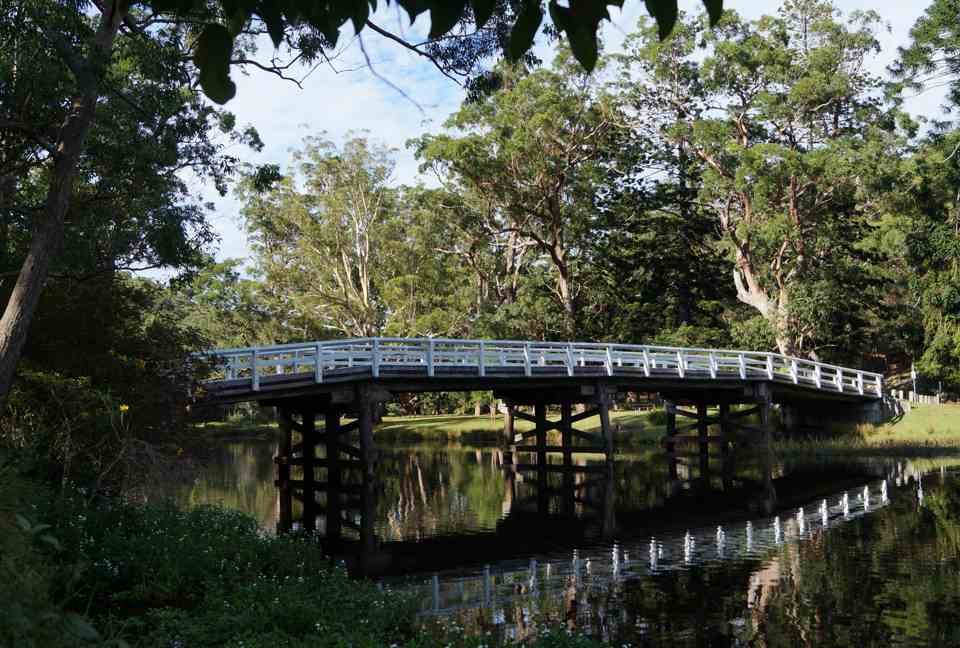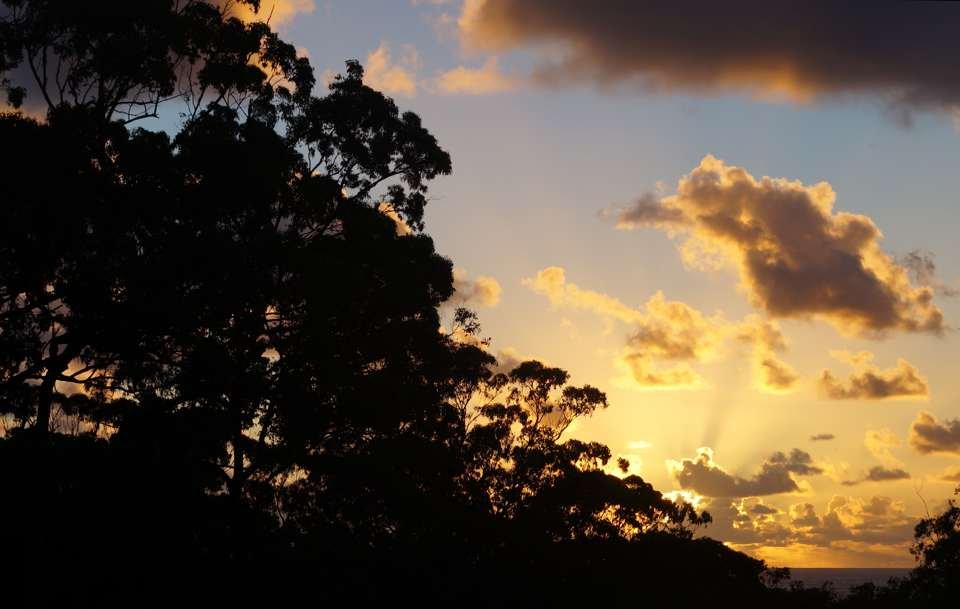Stowe garden and the English idea of Nature
The English idea of nature became informed by art and English landscape gardening, particularly Stowe Garden. In the 1690s Stowe had a modest parterre garden from Italianate influence. This was excised when Charles Bridgeman (garden designer) and John Vanburgh (architect) designed an English Baroque park from 1713, inspired by the work of London, Wise and Switzer which replaced formal French and Dutch styles. In the 1730s William Kent and James Gibbs work with Bridgeman, and embellished the “poetic” garden with features such as, the Temple of British Worthies filled with busts of heroes from Francis Bacon and Shakespeare. Capability Brown’s artful naturalism followed Kent, though his gently sloping Grecian Valley took two years of shifting earth.

Untamed English gardens became associated with political freedom and in the case of Stowe overt Whig political meaning. George Monbiot was a pupil there and reminds us a village was removed: “Kent and Brown constructed a paradise, in fact part of the grounds are called ‘The Elysian Fields’, but their classical wilderness was an artefact of social cleansing.” (‘Gardens of Eden’, ABC RN, 14.09.2003)
William Gilpin conceived Picturesque while visiting Stowe in the 1740s. Under Kent, Stowe evolved from a garden to be viewed from the house into a series of natural pictures, to be appreciated while strolling. The Picturesque used landscape as a sequence of changing vistas as if viewing paintings by Claude Lorrain. By the 1790s, the clear difference between natural scenery and art was dissolving in the cult of the picturesque. At the time the ‘Claude Glass’ a small, tinted convex mirror used as an aid in painting was being popularised. Walkers turned their back on the scenery to see it in a small mirror; Thomas Gray used one to catch ‘views’ and ‘prospects’ of the Lakes in autumn 1769 (‘Journal’, pub 1775). The Picturesque was ridiculous and emphasis on the eye and the mind alienates unique ecologies, but at least it enticed people out into the countryside.




